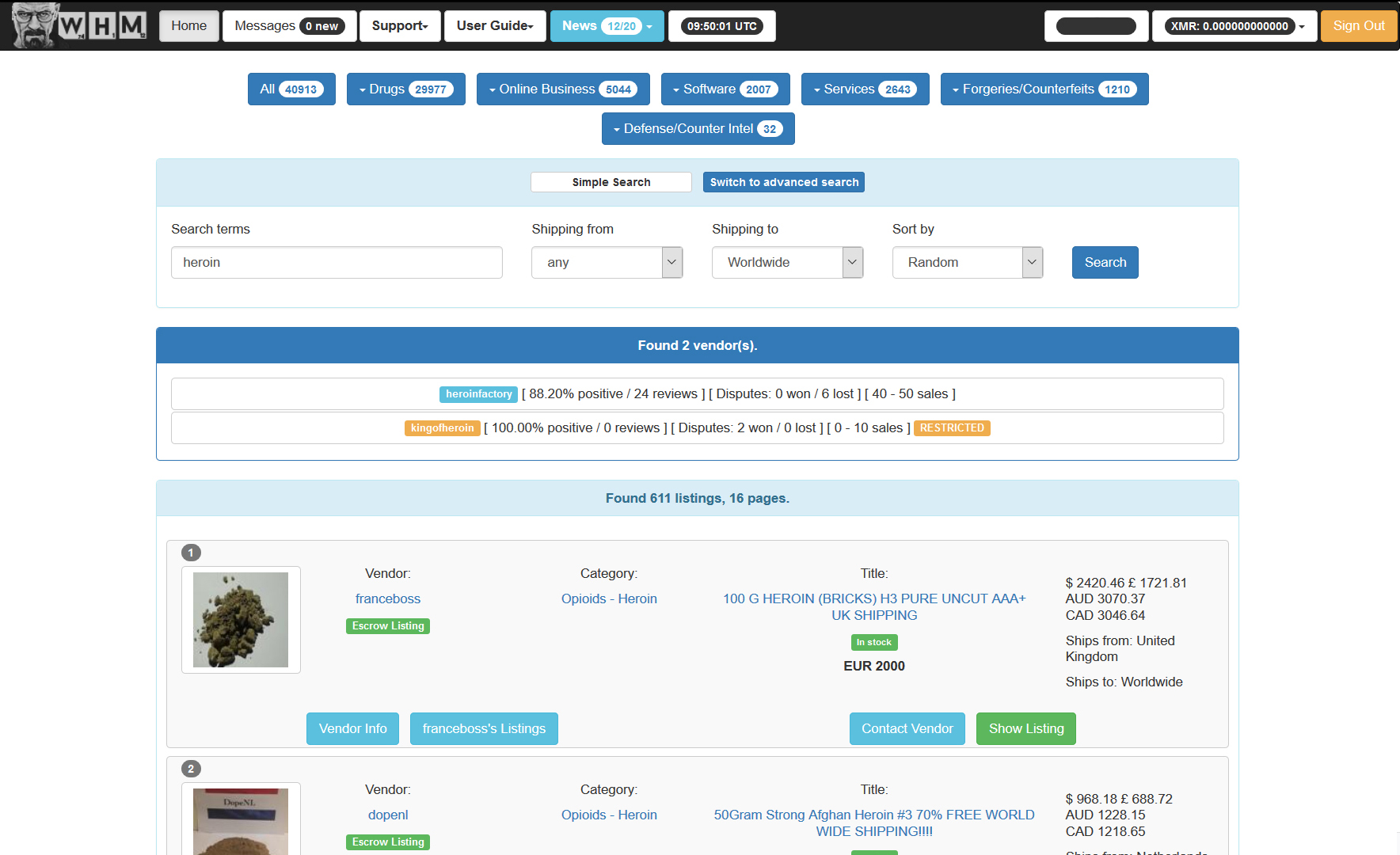Shadowy Transactions in the Depths: Navigating the Underbelly of Digital Trade

In the dark corners of the web exists a realm that few dare to navigate. This secret dimension, known as the dark web or shadow internet, is frequently wrapped in obscurity and intrigue. It functions as a platform for those seeking items and offerings that function outside the confines of conventional online commerce.
While the commercial internet is a bustling economy of open trading and clear dealings, the dark net presents a stark contrast—defined by concealment, illegal transactions, and a intricate network of users navigating its lawless waters.
For certain individuals, the appeal of the darkweb is the promise of forbidden goods and services, spanning from the exotic to the illegal. From unusual artifacts to prohibited drugs, the offerings are as varied as they are controversial. However, these shadowy transactions come with serious hazards, as navigating this underworld requires a delicate balance of curiosity and caution. In this piece, we will explore into the details of dark net trading platforms, examining how they operate, the reasons of their participants, and the implications of participating in this covert side of online trade.
The Darkweb: A Brief Overview
This darkweb is a part of the web which is not indexed through traditional search engines. Accessing the darkweb usually demands particular software, most notably being Tor, that hides user traffic. This layer of the web hosts a range of activities, some of those are legal and others that veer into illicit transactions. Users often seek the darkweb to maintain anonymity, either for legitimate reasons such as privacy and free expression or for engaging in illegal activities.
Although the darkweb is often associated with illegal marketplaces, it can also be a refuge for individuals looking to interact securely. Reporters, activists, and people in oppressive regimes occasionally turn to these concealed networks to share information without fear of government surveillance. This duality gives the darkweb a complex identity, oscillating between an area of genuine concern for rights and a haven for unlawful practices.
Darknet markets are notorious for enabling the sale of drugs, weapons, stolen data, and various illicit goods. Such markets operate on the concept of anonymity, allowing buyers and sellers to conduct transactions without disclosing their identities. However, law enforcement agencies globally have gradually focused on penetrating and shutting down these platforms, leading to a continual cat-and-mouse among regulators and darkweb users. This evolving landscape keeps the darkweb in a state of flux, reflecting broader societal issues around privacy, security, and legality.
Dangers and Policies
Traversing the shadow internet presents substantial threats, both for buyers and vendors. Illegal transactions frequently cause encounters with schemes, in which people might lose their cash or get poor-quality or non-existent goods. The disguised nature of darkweb markets also facilitates a higher likelihood of encountering dangerous software, that can compromise personal data and financial information. This unstable environment cultivates an ecosystem in which trust is difficult to establish, making it crucial for users to be extremely cautious.
In addition to the immediate risks, there are law-related repercussions associated with participating in deep web commerce. Regulations surrounding internet-related actions can vary widely by region, but many nations have strict regulations that penalize trading in unauthorized goods and services. Law enforcement agencies vigilantly monitor areas of the darkweb, and participants could face severe criminal charges if discovered engaging in such activities. Understanding these laws is important, as ignorance of the law does not equate to immunity from prosecution.

As the darkweb develops, so too do the methods of regulators seeking to combat illicit activities. Authorities globally are joining forces to enhance tracking and monitoring capabilities, employing techniques to identify and dismantle these underground markets. Actions include the detention of key operators and the closure of major platforms, that poses further risks for participants relying on these platforms for transactions. Keeping informed about legal developments is crucial for anyone considering involvement in the darkweb, as the ramifications of these actions can be grave and permanent.
The Future of Darknet Commerce
As technology continue to to progress, the space of darknet commerce is experiencing significant changes. Introducing advanced encryption methods along with privacy-focused cryptocurrencies is likely to further boost the level of anonymity users demand users desire in these markets. Such advancements open up new avenues for illicit transactions but also posing challenges for law enforcement agencies working hard to fight against illegal activities on the internet. The ongoing cat-and-mouse game between darkweb vendors versus authorities is projected to intensify, shaping the future direction of these underground economies.
Moreover, the rise of decentralized marketplaces has changed the way goods and services are exchanged on the darknet. Unlike traditional platforms which operate under centralized control, these decentralized platforms offer users greater autonomy as well as security. Such a shift not only enhances the user's ability to conduct transactions without oversight, but it also complicates regulatory efforts. With these markets gain traction, they could potentially attract a broader audience, including individuals who may have previously hesitated to engage in darkweb commerce due to security concerns.
In the future, the future of darknet commerce will likely see further integration with mainstream technologies and trends. Innovations like artificial intelligence and machine learning might be employed by vendors to enhance their operations, while buyers could become increasingly savvy in their search for reputable suppliers. As darknet drug store between the surface web and darker corners of the internet blurs, the implications for both users and law enforcement will be profound, making it critical to keep an eye on these developments closely.
